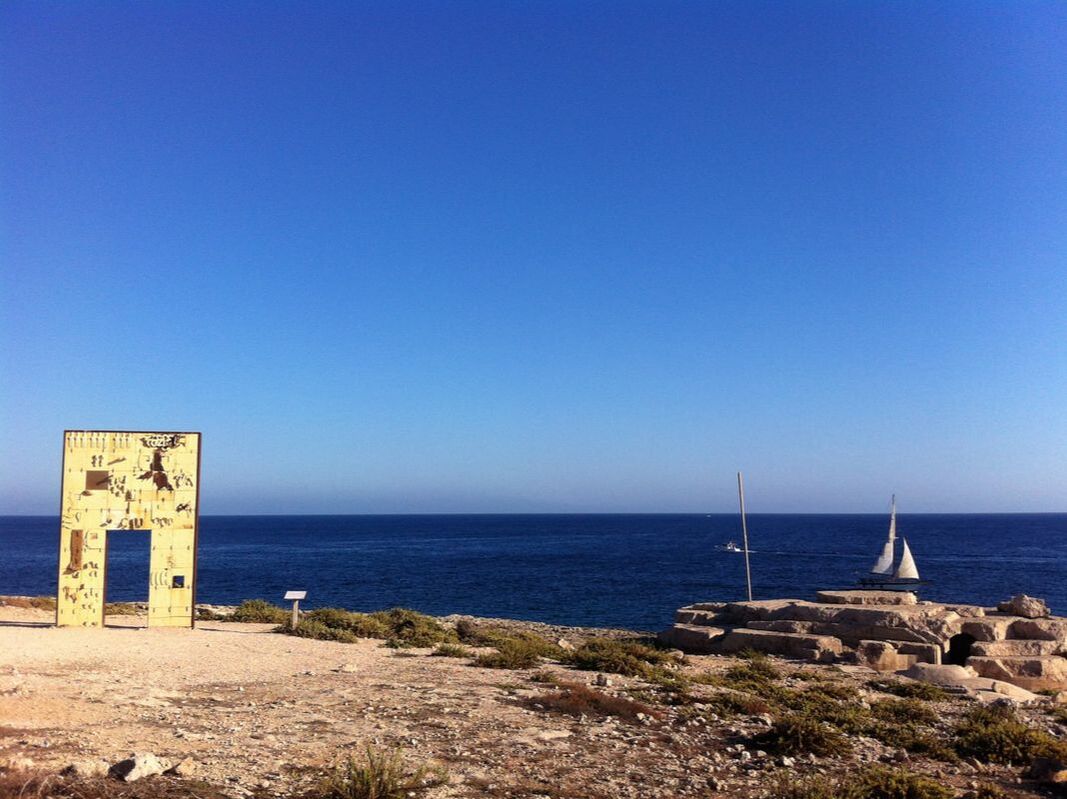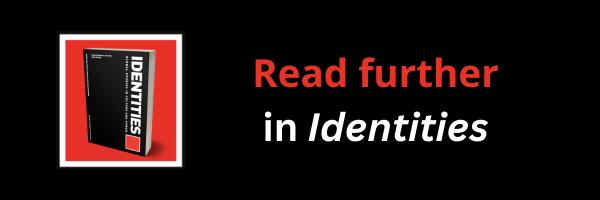|
|
|
Blog post by Emiliana De Blasio, LUISS University, Italy, Marco Palillo, University of Bradford, UK and Donatella Selva, University of Florence, Italy
Over the last decade, the Mediterranean Sea has become one of the deadliest migration routes for asylum seekers and migrants wanting to reach Europe from Libya. In response to the high numbers of deaths associated with perilous journeys and dangerous smuggling strategies, numerous non-governmental organisations (NGOs) have been operating in the Mediterranean Sea to provide search and rescue (SAR) operations to migrant vessels in distress at sea. Over the years, the new centrality of NGOs’ humanitarian efforts in the Mediterranean Sea in the Italian public and media discourse has led to significant tensions with right-wing parties. Most notably, Matteo Salvini’s League and Giorgia Meloni’s Brothers of Italy have repeatedly criticised NGOs involved in SAR operations for facilitating irregular migration flows and defying Italian border control policies. Since its inauguration in October 2022, the newly installed government led by Giorgia Meloni has engaged in a series of clashes with NGOs running SAR operations in the Mediterranean Sea as part of the government’s hard-line stance on ‘illegal’ migration. In particular, Meloni’s government has promoted a new migration policy that introduces further restrictions on the capacity for NGO vessels to conduct multiple rescues in the same mission.
Due to the increasing numbers of sea arrivals in 2023 and the recent deadly shipwreck of a boat carrying approximately 180 migrants off the coast of Cutro in Southern Italy, the humanitarian ‘crisis’ in the Mediterranean Sea is again on top of the Italian political agenda, emerging as a critical site of political conflict between the conservative Italian government, the political left, and broader sectors of Italian civil society. In this context, pro-refugee narratives cast Meloni’s migration agenda as putting migrant lives at risk, increasing their vulnerability at sea. On the other hand, anti-migrant narratives depict NGOs’ SAR operations as a pull factor for asylum-seekers and migrants in Libya, incentivising treacherous sea crossings.
As we argued in our Identities article, ‘Objectivisation and genderisation in news frames about immigration: the Carola Rackete case’, this political polarisation between anti-migrant and pro-refugee narratives in Italian public discourse often conceals intersecting processes of migrants’ objectivisation and marginalisation. At the interplay between humanitarian and securitisation narratives, opposing discursive frames work together to remove political agency from migrants rescued at sea, depicting them as vulnerable, voiceless victims in need of saving, while shaping legal-moral debates around SAR operations in the Mediterranean Sea mainly from a western standpoint. Our study focused on the Carola Rackete case, which dominated the Italian migration debate in the summer of 2019. The case developed around the binary opposition between former Minister of Interior Matteo Salvini and Captain Carola Rackete, who decided to dock her sea-rescue vessel Sea-Watch 3 without permission in the Italian port of Lampedusa after rescuing 53 migrants off the Libyan coast. In our analysis of 250 articles from eight Italian online media outlets, we explored how the discursive construction of migrants as passive objects of care and policing mirrored the process of establishing both Rackete and Salvini as political subjects (and even heroes) to advance pro and anti-NGOs narratives. Different media outlets ‘used’ the figures of the migrants rescued by the Sea-Watch 3 to illustrate Rackete and Salvini’ positionings in relation to broader legal-political debates around migration. For example, Rackete is described as a new Antigone, the Ancient Greek heroine who defied legal norms to follow her moral beliefs. In the article, we also discuss how gender played a crucial role in polarising the leadership positions of Rackete (femininity, care, human rights) and Salvini (traditional masculinity, anger, law and order). These genderisation dynamics are particularly relevant after the election of Giorgia Meloni as prime minister. Meloni is the first woman to hold this position and leads the most right-wing government in the history of Italian democracy. In the parliamentary discussion of the Cutro shipwreck in February 2023, when more than 90 people lost their lives, Meloni openly mentioned her being a ‘mother’ to defend her government against the accusations made by the opposition to have not done enough to prevent the tragedy at sea. These recent developments indicate the importance of exploring the role of gender discourse in shaping media debates on migration and vulnerability in the Mediterranean, as well as link these gender dynamics to postcolonial hierarchies in contemporary Italy. Contrary to Rackete and Salvini, Italian media outlets (from different political and ideological orientations) frame racialised migrants rescued at sea by treating them as passive objects of policies and rarely as subjects entitled to rights and political agency.
Image credit: Gate of Europe in Lampedusa. Vito Manzari, CC BY 2.0, via Wikimedia Commons
Read the Identities article:
De Blasio, Emiliana, Palillo, Marco and Selva, Donatella. (2023). Objectivisation and genderisation in news frames about immigration: the Carola Rackete case. Identities: Global Studies in Culture and Power. DOI: 10.1080/1070289X.2023.2223938
Read further in Identities:
Local identity and the reception of refugees: the example of Riace OPEN ACCESS In liberty's shadow: the discourse of refugees and asylum seekers in critical race theory and immigration law/politics Immigration, religious diversity and recognition of differences: the Italian way to multiculturalism
0 Comments
Your comment will be posted after it is approved.
Leave a Reply. |
|
Explore Identities at tandfonline.com/GIDE |
|
The views and opinions expressed on The Identities Blog are solely those of the original blog post authors, and not of the journal, Taylor & Francis Group or the University of Glasgow.


